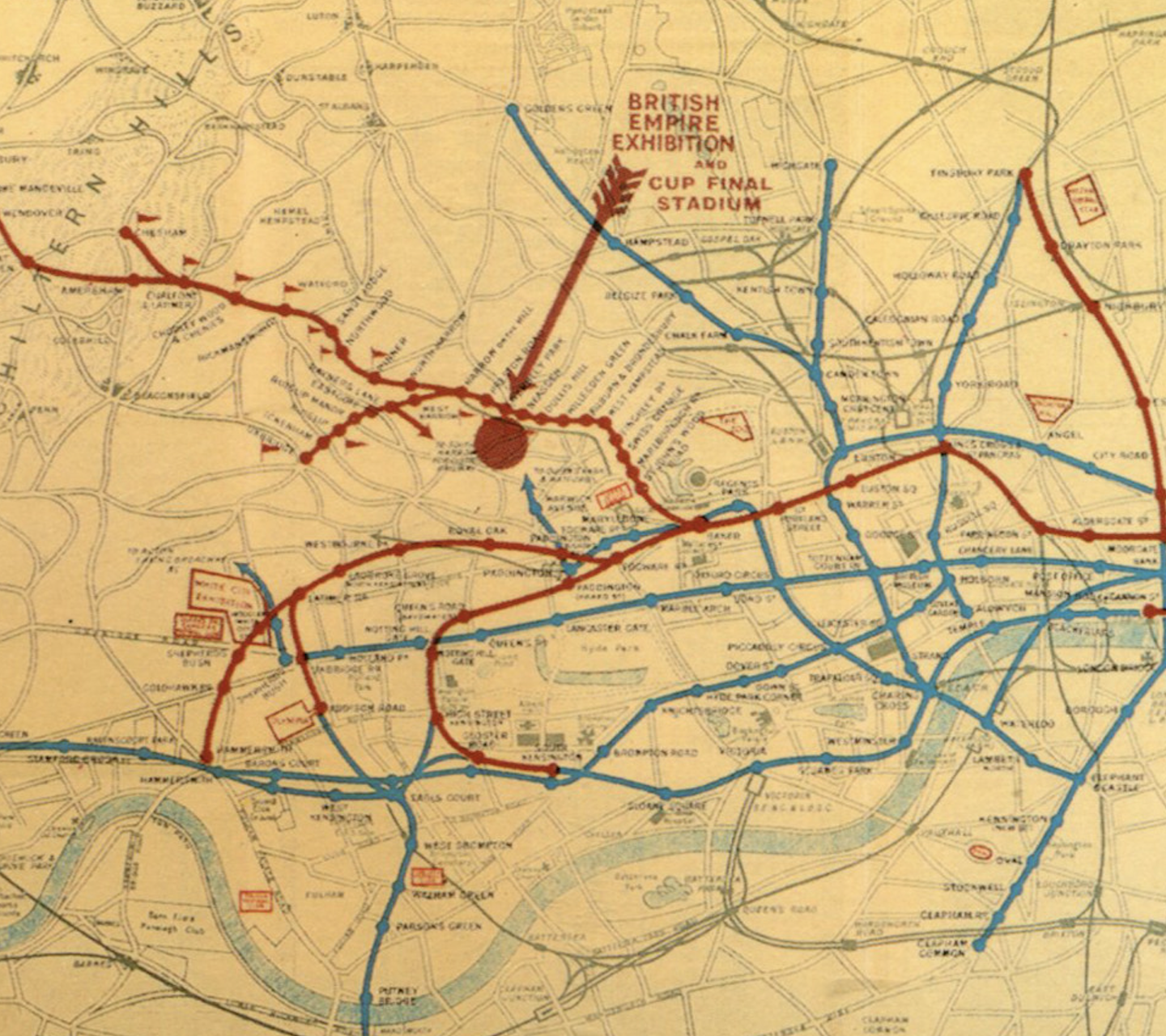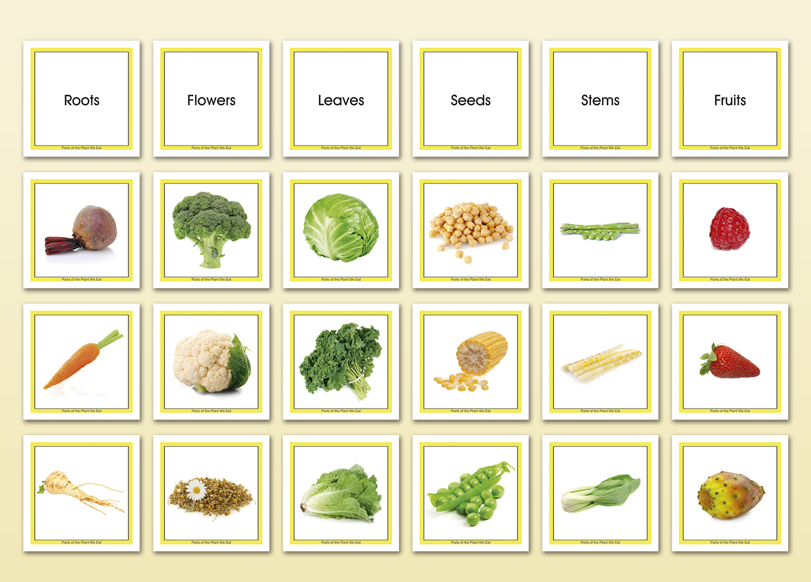Lakatos Award 2020: Nicholas Shea’s (Open Access) Representation In Cognitive Science
We are pleased to share the news that friend of the Brains community, Nicholas Shea, has been awarded the 2020 Lakatos Award for their open access book Representation In Cognitive Science (Oxford University Press, 2018). You can download a free PDF copy of the book at http://bit.ly/RepnCognSci Shea will receive …






